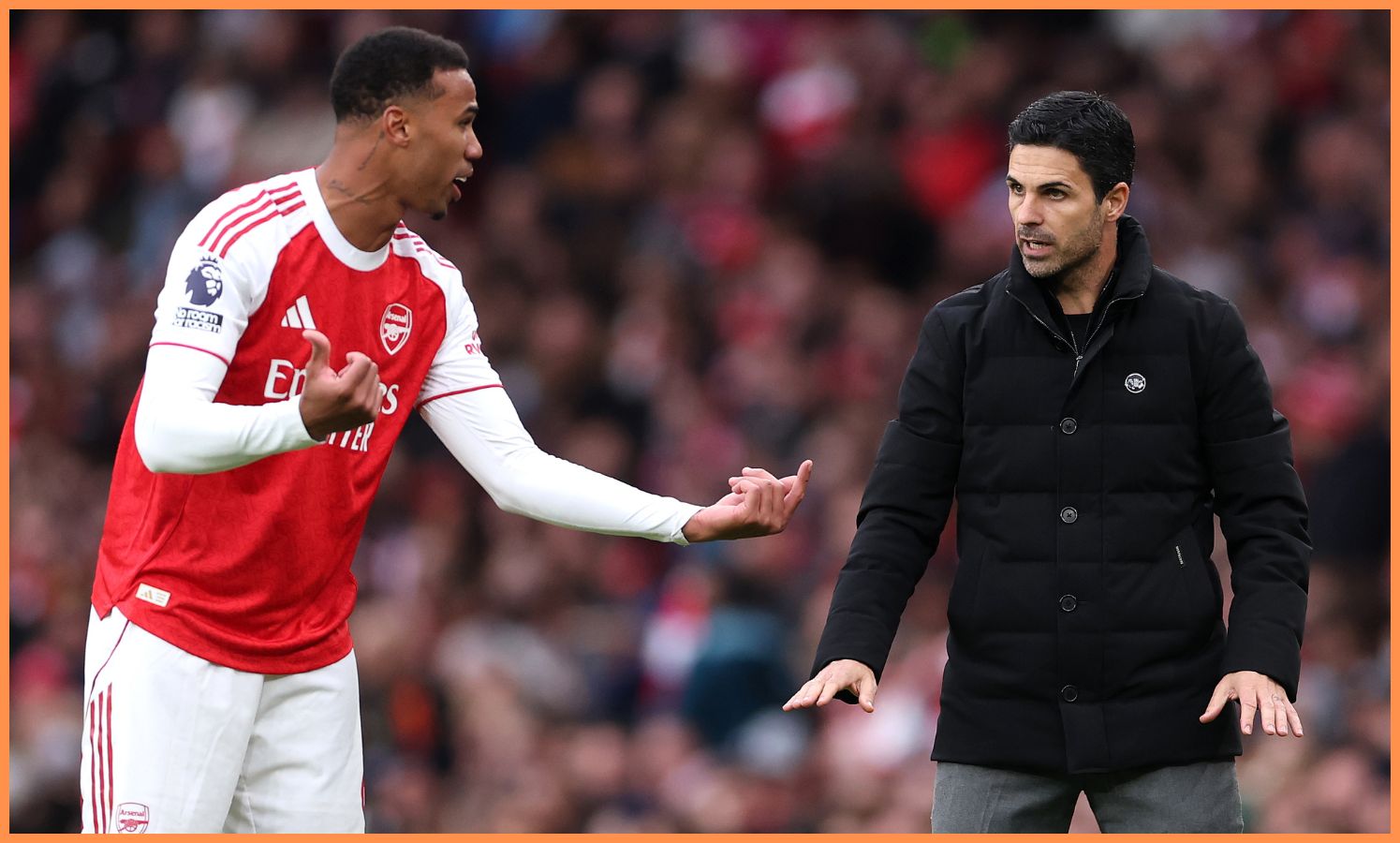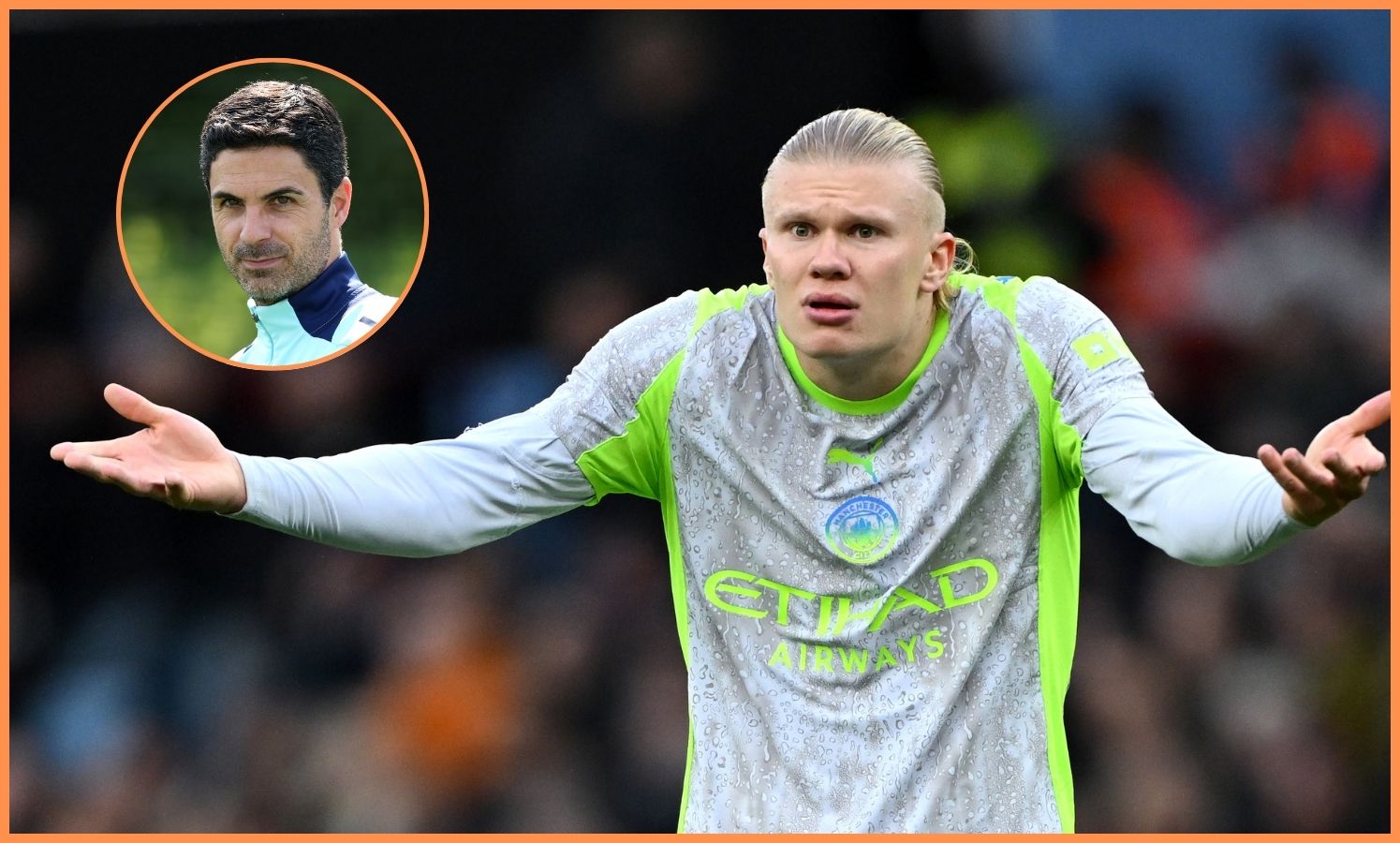The January transfer window looms, and whispers are growing louder around the Manchester United camp. Manager Ruben Amorim acknowledges the potential for significant shifts within the squad, hinting at both departures and arrivals as he meticulously plans for the future.
Several players find themselves in a precarious position, their limited playing time fueling speculation about their futures. Young striker Joshua Zirkzee, despite his potential, has seen only fleeting minutes, sparking interest from clubs across Europe, including West Ham and teams in Italy. The situation is delicate, a challenge Amorim must navigate.
Amorim isn’t simply reacting to immediate needs. He’s building for sustained success, emphasizing the importance of acquiring players who represent a long-term vision. He isn’t interested in short-term fixes, but rather individuals who will become integral parts of the team for seasons to come.

The manager understands the frustration of players yearning for more opportunities, particularly with the World Cup influencing some decisions. Players seeking consistent game time may push for moves, forcing Amorim to balance individual ambitions with the collective good of the team.
However, Amorim also offers a powerful message of hope and perseverance. He points to Casemiro’s resurgence as a prime example. Once seemingly on the periphery, Casemiro fought his way back into the starting eleven, proving that dedication and performance are ultimately rewarded.
This isn’t just about individual talent, but about embracing a shared journey. Amorim strives to instill a sense of belonging, reminding players they are part of something larger than any single match or season. He wants them to understand their role in a long-term project.

Currently positioned just outside the Champions League qualification spots, United’s return to European competition is a clear priority for Amorim. He recognizes the vital role European fixtures play in squad rotation and development, allowing him to provide valuable minutes to emerging talents like Kobbie Mainoo.
More games mean more opportunities to integrate young players and manage the workload of the entire squad. Without consistent European football, the challenge of balancing playing time becomes significantly more difficult, hindering the growth of promising individuals.
Amorim’s approach is one of calculated ambition, blending immediate needs with a long-term strategy. He’s building a team not just for today, but for sustained success, demanding commitment, and offering a pathway for players willing to fight for their place.







